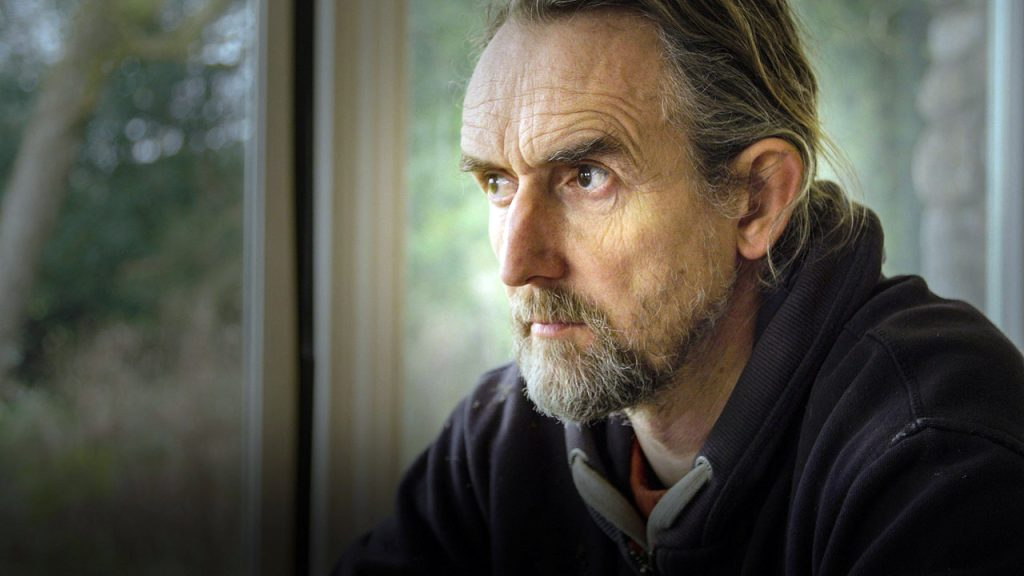De wet tegenover het absolute

We might say that the law is a mechanism for finding approximate justice on finite matters - Was X justified in the light of Y? It exists in a realm separate from the absolute. So, when it comes face-to-face with it, it does not know how to respond. The absolute, formally speaking, refers to a sense of infinity in a religious or mathematical way. More humanly, we get a sense of it when we experience the ecstasy of love or a feeling of awe in the presence of nature. And negatively in the face of radical evil, Auschwitz and of course, now as we are faced with the prospect of human extinction, due to ecological and climate collapse.
We can see that the contemporary practice of law is part of the wider neoliberal project. Its technical, precise, utilitarian, and short-termist with its central paradox, is that the more intelligent it is in excelling at in box analysis, the more stupid it becomes in being able to look outside that box. This finds its alternate consequence in Hannah Arendt's 'Banality of Evil'. The Nazi Eichmann was, after all, just excelling at technical precision working within a system to be optimised.
I bring all this up because I am going through a five-week court case. During this case, I have been able to present legal arguments including the reality that there is substantial evidence that human extinction is now locked in due to the crisis. This, I argue, creates an overwhelming case, an absolute case, for a right of the necessity defence. Those familiar with the "banality" of the British judiciary, will not be surprised that the right of necessity was ruled out by the judge. But what was interesting was that he acknowledged the threat of the reality of human extinction in his written legal summary of the case. And then he just left it sitting there in the text.
There was no attempt to engage with this reality or interrogate the notion of extinction. When facing the absolute, the judge simply could not see it or chose not to see it. This avoidance enabled him to regress into the social lie that "climate change" is "essentially political" - a matter for the democratic process. The absolute is relegated to the profane. A sacrilegious Act, as you might say. The objective is reduced to this subjective matter of "conscience", or "individual belief". Our contemporary holocaust becomes a matter of opinion. Holocaust denial, you might say, if that is not too close to the bone.
This deceit was exposed by the rejection of a political configuration of a Nazi obscenity, by the Resistance movements in World War Two. I have recently read about resistance undertaken by theologically conservative Catholics in France. They were clear of the imperative to engage in spiritual resistance when faced with evil. This reality transcended the mundanity of "the political". For some time after the war, you can see that the "social and existential fat" of national trauma has prevented the resurgence of the banal technicality. When you have seen your brothers blown to bits following the letter of the law has limited appeal. When the editors of the Washington Post were told by lawyers, they risked jail if they exposed government lies behind the Pentagon Papers. They chose to break "the law". Would that happen now? No, it would not. Our society is too far removed.
We have returned to Orwell's sleepy Shire, shy of Hobbit lawyers for whom Mordor is a distant memory. It's this juxtaposition that underlies Tolkien's great imagination, based upon his experience of the WWI trenches. When I read the judges' written summary of legal arguments, I said to one of the defence lawyers that it was treasonous (which of course it was). He looked at me as if I had asked him for sex. The bourgeois suppression of the sexual is closely related to its suppression of the absolute.
For a while, I thought Extinction Rebellion could break this taboo. After all, it's in the title, the end of the human race, the schools... all that. As co-founders, I think we intended XR to be as much a religious project as a political one in the wider sense of the word. But alas, once the utilitarian rationalists of the English middle class had taken over ("I only want to get arrested if it's worth it"), it got returned to the fold of another "environmental group" as the guardian likes to call it, they only see what they want to see.
I am sure some of you reading this felt the initial excitement about what XR was reaching towards - a transcendence of the secular/religious binary, the humanisation of the political and the fumbling towards the absolute. I am confident that what will come to fruition in the next few years is a more mature formulation of the XR prototype. A recognition that everything, meaning everything, will change because everything is going to change. That's what facing the absolute means.
--
Om je aan te melden voor burgerverzet, e-mail: ring2021@protonmail.com
